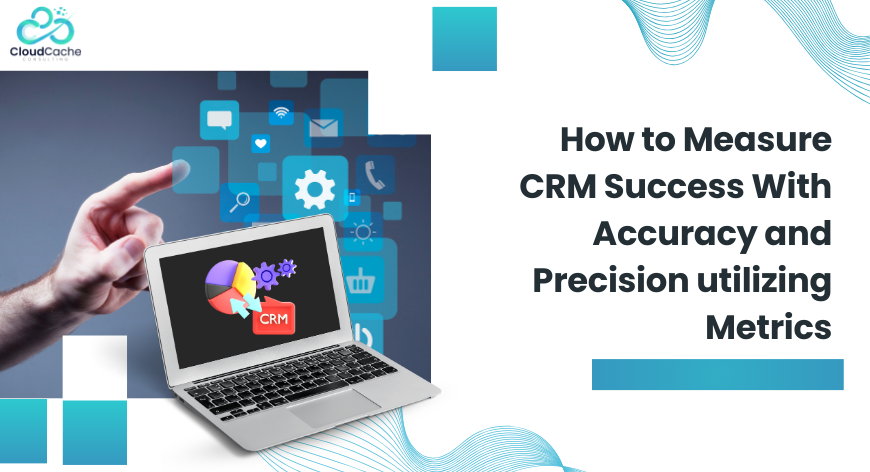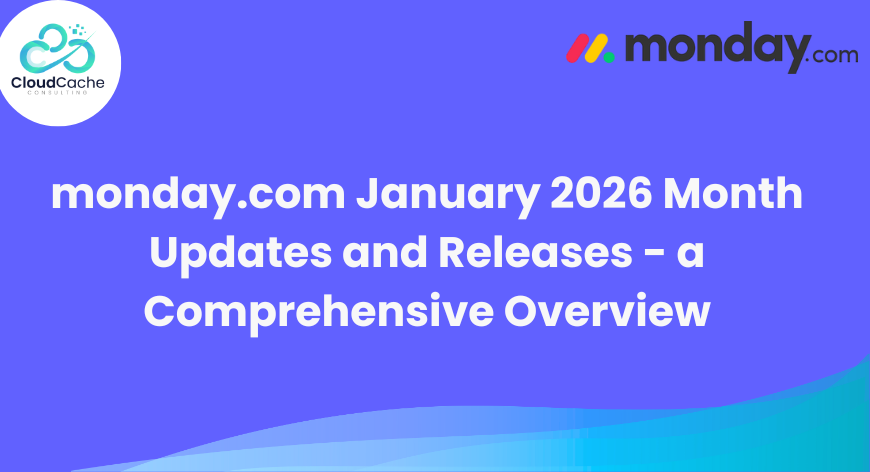
An ultimate guide on how to shorten the sales cycle and boost revenue with Salesforce
Efforts to reduce the sales cycle are universally covered within the business world. Such actions yield various benefits, including augmented revenue, expeditious goal attainment, and heightened efficiency in deal closure. Regrettably, achieving this objective is often a multifaceted challenge. Numerous factors can act as obstacles, ranging from an overtaxed sales workforce to nebulous internal procedures. Thus, it becomes crucial for organizations to conduct a comprehensive analysis of each side within their sales and marketing cycle, determining the chief obstacles and subsequently composing strategies to optimize their efficiency.
The Prolonged Sales Cycle Conundrum
As per the "State of Sales" report, a substantial 25% of sales teams prioritize the reduction of sales cycle duration as a pivotal objective for the forthcoming year. This prioritization is underpinned by the recognition that lengthy sales cycles often result in diminished conversion rates, heightened vulnerability to competitive interference, escalated resource consumption, and delayed profitability.
Key points of concern encompass:
- "Time kills all deals": A truism frequently reiterated in the sales arena, underscoring that the lengthier the sales cycle, the less likely prospects are to commit.
- Competition's advantage: Extended sales cycles afford competitors more excellent windows of opportunity to seize potential deals.
- Resource-intensive: Longer sales cycles necessitate a more substantial allocation of resources in terms of time and finances.
- Delayed profitability: The protraction of the sales cycle directly correlates with the delay in realizing profits.
What’s Taking So Long?
Identifying the Culprits for Extended Timelines Further analysis from the "State of Sales" report reveals that 17% of sales teams perceive protracted sales cycles as a paramount challenge. The duration of the sales cycle can be influenced by a multitude of variables, including:
Formality of Sales Process: Streamlined communication channels, such as email and a less rigid tender process, can catalyze expeditious sales processes. For instance, the United Kingdom exhibited the shortest buying process, averaging only 9.1 weeks, likely due to the preference of 40% of businesses for email communication, with a mere 20% opting for a formal tender process. Conversely, Germany, where a more formal quotation process prevails, witnessed comparatively protracted timelines. This underscores the notion that communication methods may significantly determine sales cycle duration.
Diversions of Sales Representatives: Sales team members often grapple with a multitude of ancillary responsibilities, which detract from their core selling activities. Surveys indicate that sales representatives devote 22% of their weekly working hours to active selling. The diversions encompass:
Administrative tasks: As highlighted by nearly half of the "State of Sales" respondents, Excessive administrative demands hinder sales representatives from dedicating sufficient time to sales endeavours.
Prospecting inefficiency: Research indicates that a staggering 50% of sales time is squandered on unproductive prospecting efforts.
Content creation and retrieval: Insights from Docurated's "State of Sales Productivity" infographic suggest that sales representatives expend up to 31% of their time on content creation and retrieval, diverting their focus from revenue-generating activities.
Ineffectual or Ambiguously Defined Sales Processes:
An inadequately defined sales process can significantly impede the entire sales cycle. The "State of Sales" report cited issues such as limited face-to-face selling time (22%), a lack of timely insights (21%), and suboptimal alignment with marketing efforts (19%) as key impediments stemming from inefficient internal processes.
Strategic Sales Cycle Enhancement:
Identification, Planning, and Automation:
In the age of sales optimization, a systematic approach encompassing identification, strategic planning, and judicious automation serves as the bedrock for expeditious results. It is paramount to commence with a meticulous assessment of the factors hampering your sales cycle, as elucidated by Objective Management Group, which asserts that a staggering 92% of evaluated companies grapple with deficient sales processes. However, they astutely underscore that the crux of the issue often lies in discerning the underlying causes of inefficiency.
Establishing a Robust Strategy and Sales Process:
A report illuminates that nearly 60% of best-in-class companies employ regular collaboration to define lead qualification as a strategic imperative for expediting the sales cycle. The discernment of prime leads represents just one facet of fostering alignment. Equally critical is imparting a lucid corporate vision and objectives to the sales team. This enables them to adeptly nurture and convert leads by identifying key indicators and delivering consistent, pertinent service. Once any issues within the sales process have been identified, it is judicious to articulate each stage precisely and periodically assess its efficiency.
For instance, if the discovery phase reveals that excessively formal communication methodologies impede progress at specific junctures, a consensus can be reached on more relaxed customer interaction strategies. This meticulous planning imparts a synergistic dynamism to your sales team.
Leveraging Technology and Harnessing Automation:
In the contemporary landscape, technological strides have endowed us with diverse tools to streamline cumbersome tasks and expedite operations that may be bogging down the sales cycle.
Embrace CRM: By migrating critical processes to CRM platforms and utilizing cloud-based storage, your sales team gains access to a centralized hub for efficient sales cycle management. CRM systems offer multifaceted benefits, including process delineation, reduced data entry, comprehensive sales information storage, contact management, integration with marketing automation software for lead tracking, process streamlining, and augmented customer information accessibility. Research reports say that CRMs have elevated sales conversion rates by over 300%, with 24% of companies reporting increased sales productivity through CRM mobile applications.
Harness the Power of Artificial Intelligence (AI): As proposed by marketing experts in Salesforce, AI technologies can revolutionize sales operations. AI can sift through voluminous data sets, providing real-time insights to discern top-performing content, identify high-quality leads, facilitate larger deals, and accelerate deal velocity. By automating numerous processes, AI liberates sales personnel to concentrate on the core task of selling.
Prioritize Data Analytics: Armed with CRM and AI capabilities, your organization gains access to advanced data analysis tools that surpass human processing capabilities. This empowers the efficient scoring of leads, profound insights into customer preferences, and the ability to target prime leads with precision timing.
Final words
The identification, planning, and automation triad catalyze a more efficient sales cycle, ultimately enhancing performance and profitability. In this dynamic arena, embracing Salesforce Consultants like CloudCache Consulting can further bolster your organization's quest for sales excellence. Consider contacting us or checking our past work on Upwork for insightful guidance and skilled professional resources in optimizing your sales processes.











Leave a Reply
Your email address will not be published.